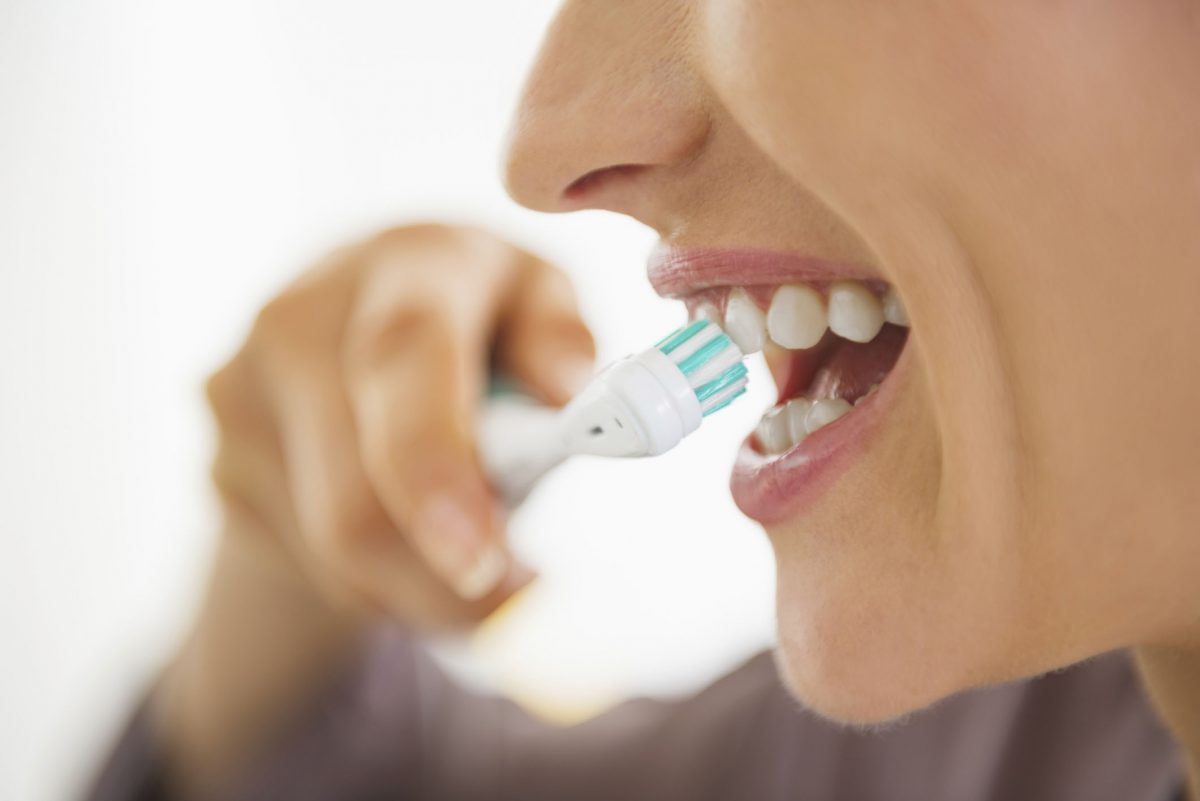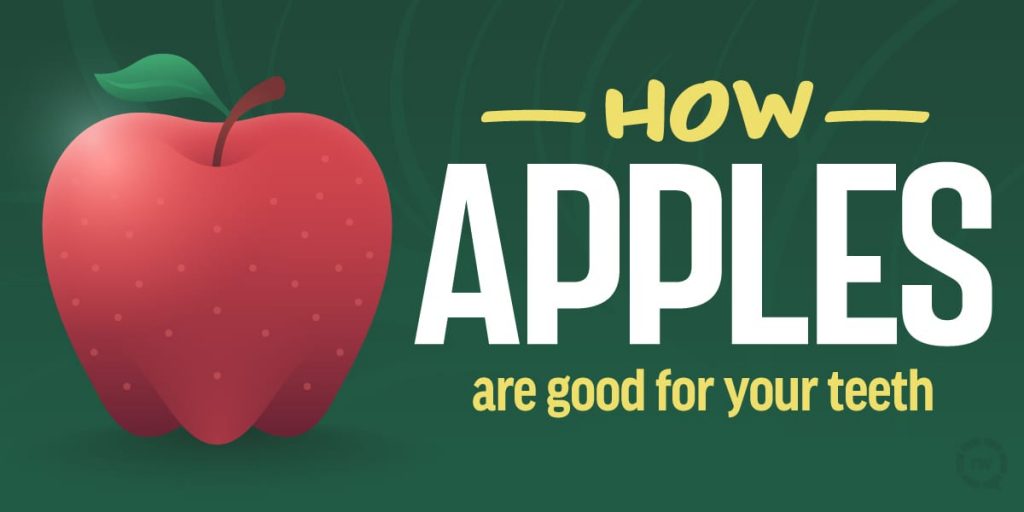Cavities are something a majority of us can expect to encounter at least once in our lifetimes. It’s important to understand the behaviors that can increase the likelihood you will get a cavity and the different ways dentists go about treating simple and serious decay. Here are some things we think you should know about cavities so you can stop them before you need to treat them.
How They Happen
Acidic Foods– Citric acid contained in lemons, limes, and oranges also pops up as an ingredient in processed foods. Citric acid and others weaken teeth and put enamel in danger of erosion which in turn creates crevices for bacteria to stick and become a cavity. It would be difficult to avoid citric acid, so the best thing you can do is consume water throughout the day and keep the intake of acidic foods to a minimum.
Sugar– While sugar doesn’t cause cavities, like citric acid, it contributes to the likelihood you may develop one. Sugar is a harmful bacteria’s favorite food, so the longer sugar lingers on your teeth, the more likely that bacteria will begin to eat it. This weakens your enamel and creates opportunities for that harmful bacteria to hang around and cause a cavity.
Believe it or not, children are not more prone to develop cavities than adults, but there are factors that may put children and elderly individuals at more risk for tooth decay. Children tend to crave and eat sugary foods while doing a poor job brushing their teeth. The elderly tend to take medication that reduces the amount of saliva they produce thus reducing the neutralization properties of saliva. Drinking water throughout the day and regular dental visits can help both children and their grandparents to reduce the chances harmful bacteria may cause a cavity.
Treatment Options
If you wake up to a toothache or notice black spots on a tooth, you may have a cavity. Cavities are a common occurrence and dentists have several means of treating them. Treatment options vary depending on how advanced the tooth decay has become.
Simple Decay- Fluoride treatments and fillings are viable treatment options if the cavity is in its early stages. Your dentist will apply a solution to the decaying tooth to kill harmful bacteria and place a filling where the cavity was to seal the area to prevent further decay. This is a fairly simple and painless method for cavity removal, as well as the most common treatment option.
Serious Decay- If the cavity has progressed beyond the ability of fluoride treatment to remove the bacteria, crowns, root canals and tooth extraction are a dentist’s next line of defense. Crowns are custom coverings for decaying teeth; typically made from porcelain, they work to strengthen your affected tooth once the bacteria has been removed. If the decay reaches the inner tooth or pulp, your dentist will remove the pulp, medicate it to clear any infection, and add a filling. Tooth extraction is a last resort option when the decayed tooth is beyond restoration. Your dentist may recommend a bridge or implant for the gap.
If you would like to find out more about proper brushing habits, contact Dr. Ahmadi at 323-312-0500 to schedule a consultation or visit www.dentalandimplantcare.com for additional information.
Dr. Mike Ahmadi proudly serves Bell and all surrounding areas.



